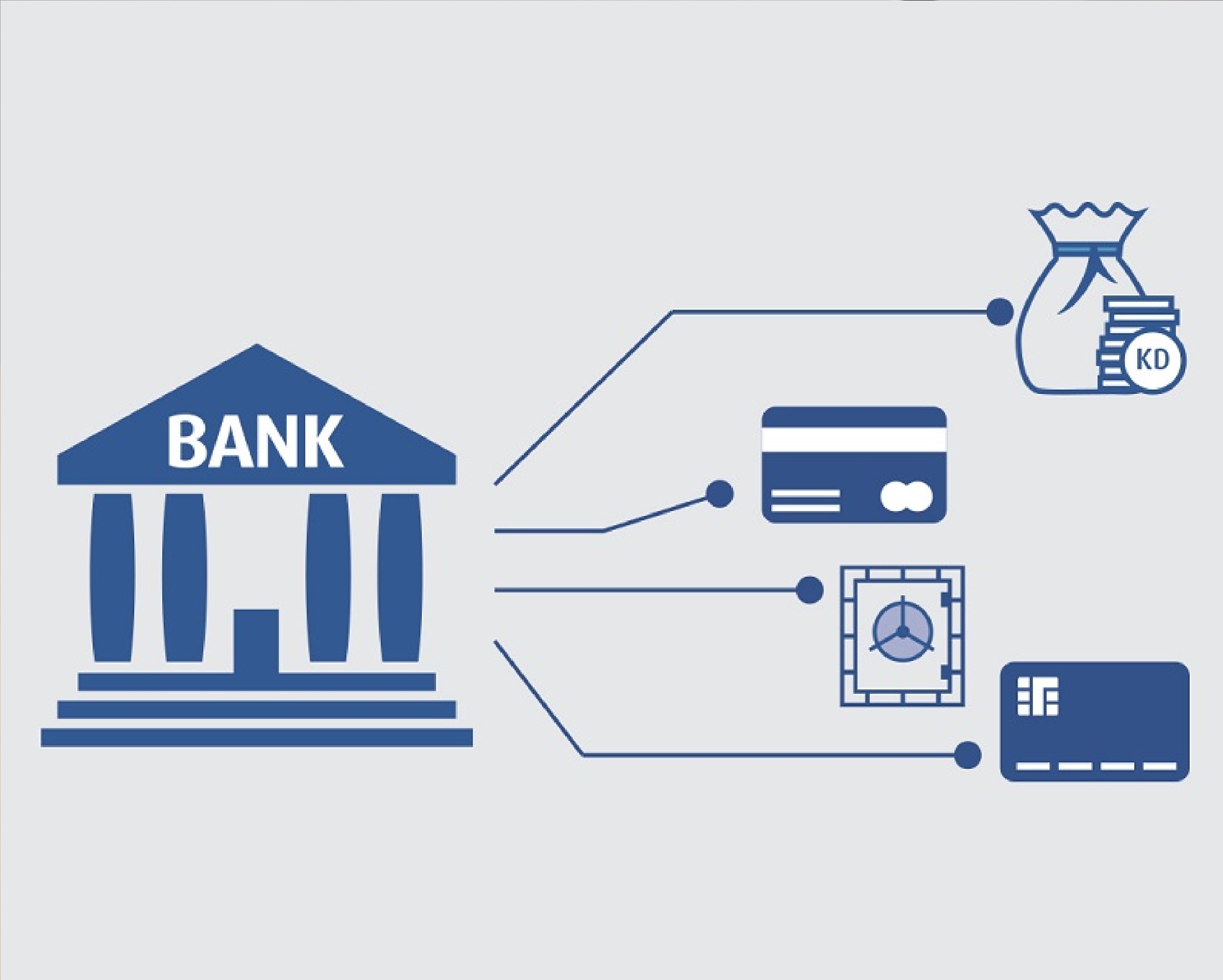Click on the payment link received in the email
Professional Management: The biggest advantage of investing in mutual funds is that they are managed by qualified and professional experts that are backed by a dedicated investment research team which analyses the performance and prospects of companies and selects suitable investments.
Financial markets play a vital role in facilitating the smooth operation of capitalist economies by allocating resources and creating liquidity for businesses and entrepreneurs. The markets make it easy for buyers and sellers to trade their financial holdings. Financial markets create securities products that provide a return for those who have excess funds (Investors/lenders) and make these funds available to those who need additional money (borrowers).
Wealth Management is a service that gives you financial and investment advice, accounting and tax services, retirement planning, legal and real estate planning for a specific fee. The ultimate goal of working hard and earning money is so that we can have a peaceful and wealthy lifestyle later.
Banking and Insurance are two sectors which are fast evolving and witnessing a transformational change. Banks are the backbone of all activities because, in every transaction where money is involved, the bank is the main character. The insurance business is one of the prominent financial services in modern times.
Disclaimer : *Smart cards/SLPs are structured reading material from various NSE Academy/Web sources and are available to all registered users of the NSE Knowledge Hub platform.

This course begins by exploring the various market segment and their products. The content covers the various terminologies used in the capital markets, various intermediaries, products, investments, the stock exchanged, regulators and regulations. It also covers miscellaneous items and various mathematical methods to evaluate investments.
After going through the entire course, a user should be able to understand


This course explains investment strategies and performance evaluation. It will help you to manage your wealth and plan your portfolio. It will also help in tax and estate planning and give various financial planning strategies. This will help you allocate wealth through a systematic understanding of risk and reward and planning specific goals.
This course demystifies the concept of mutual funds and helps create awareness and knowledge about the industry and its functioning. The course will hand-hold an investor in investing in mutual funds by explaining the types of products, method of investing, processes involved, regulations, and taxation of mutual funds.


This course aims to provide comprehensive and in-depth knowledge about mutual funds. Users of this course can become independent mutual fund advisors or be a part of various AMCs. The first part of the course takes the user through the basics of mutual funds, types of schemes, channel management practices for becoming a mutual fund distributor, and tools for measuring risk-return and performance of funds. The second part of the course focuses on financial planning and helping customers build the right portfolio to help them meet their goals. The course also gives the user an understanding of the regulatory framework that applies to mutual funds.

This course will help to understand the banking structure in India. It covers all aspects of banking including retail and wholesale, deposits and lending, rules and regulations, customer care and customer management. It also covers banking technology and the advances made thereon. It covers the entire gamut of banking products and sectors. Course Outline: Indian Financial System, Banker Customer Relationship, Banking Products and Services Banking Regulations.



Certification in Electronic Payment Systems empowers you in digital banking by offering basic information on electronic and digital payment systems. Moreover, it creates an understanding of concepts like alternate delivery channels for banking, digital payment methods, channels available for remittances, platforms for digital banking solutions, and transaction workflow of digital banking channels. The course is curated and offered by SBI, with a great blend of theory and operational aspects for deeper understanding.
This course demystifies the concept of investments and their analysis. It covers both fundamental and technical analysis to make informed investment decisions. It also covers asset allocation and how to make investments based on such analysis. This comprehensively covers both company and market analysis.


This course begins by introducing insurance as a risk management tool and then explores all types of life and general insurance products. Details of various life and general insurance types and products are discussed in this course. It helps select the right insurance products and covers regulations related to insurance. It also helps manage clients in the insurance sector.
Investments are common across all investors from individuals to fund managers and institutions. However, analysis and investments based on such analysis are carried out by trained managers and informed investors. This course helps you understand all types of investments and analyse them with a need to invest effectively and efficiently. It covers all investments including equity, debt, and derivatives. Investing in markets that are not at the same efficiency level, analysing individual investments and handling portfolios are some of the skills that this course covers.

Click on the payment link received in the email
Get redirected to the payment gateway and complete the payment process
Receive a Payment acknowledgement email
Within 48 working hours of making the payment, receive an email from NSE Academy stating the link to access the bundled course and the login credentials for NSE Knowledge Hub
Login to NSE Knowledge Hub with your credentials and start consuming the courses at your convenience
Completion certificates will be generated post-completion of each course.
 Register Now
Register Now